By Felipe van Deursen
The death of Queen Elizabeth II has reignited an age-old argument in places from the Caribbean to Australasia.
Does it still make sense for these distant and independent countries to have, as head of state, however merely symbolic the office is, a queen or king enacted there in London?
For a lot of people, no. Not now, this time. Or never did.

The first government to manifest itself in this regard was that of Antigua and Barbuda. Two days after the death of its queen, Prime Minister Gaston Browne told TV that the Caribbean country would hold a referendum to decide whether to remain a monarchy or become a republic.
He announced shortly after a ceremony confirmed that Prince Charles would take over the kingdom of Antigua and Barbuda. Tropical rain was falling, and it was 30º C in Saint John’s capital, 6,500 kilometers from Buckingham Palace.
WHAT COUNTRY IS THIS?

The first known European to arrive on the island of Antigua, in the Lesser Antilles, above the coast of Venezuela, is the old familiar figure, Christopher Columbus.
The Caribbean lived there but was decimated over the next few centuries.
The British dominated the island in 1632 and introduced sugar cane and tobacco. For work, neighboring Barbuda provided African labor, where there was a farm with enslaved workers.
In atlases and old maps, we see that these islands were once part of the Federation of the Leeward Islands and the Federation of the West Indies.
In the 1960s, Antigua and Barbuda gained partial autonomy. It gained independence in 1981, three months after the marriage of its current monarch to the late Princess Diana.
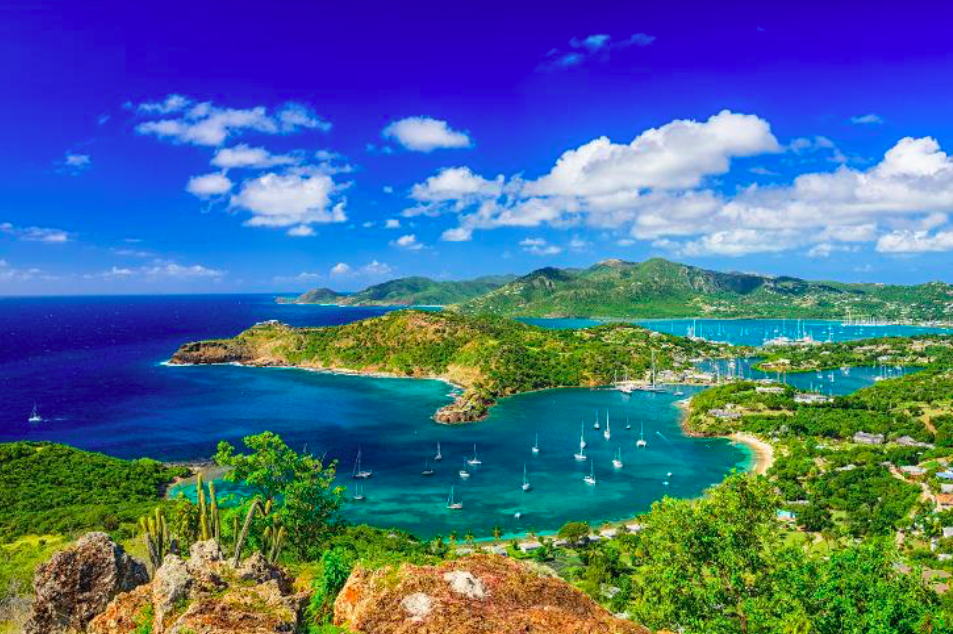
More than 300 years of British domination have left cultural marks on the archipelago.
One of the main tourist attractions in the country, a UNESCO heritage site, is the Nelson Docks.
A complex that began being built in the 1740s and which includes a marina, fortifications, and other naval constructions in an environment of bubbling nature, with a bay that at the same protected from hurricanes and made it possible to monitor the movements of rival powers in the vicinity – Guadeloupe, still an overseas department of France, is just 60 km from Antigua.
This region is known as English Cove. The docks are named after Admiral Nelson, a man that official British historiography has elevated to the status of a myth for having defeated Napoleon, but who, in the Caribbean, has long been seen as a representative of the aristocratic, conservative, and slave elites who controlled these islands.
Prime Minister Browne stressed that the referendum was not an act of hostility towards the monarchy, but a final step towards completing the country’s arc of independence.
Lord Nelson’s presence in one of Antigua’s most famous monuments is just one of the many imperialist symbols that accumulate on the islands.
Many of these British icons could still stand even if the republic became a reality. Or not.
I spoke here in the column, in 2020, that removing a statue of Nelson in the center of the capital of Barbados was the great milestone that preceded the definitive break of that country with the United Kingdom.
In 2021, Barbados will follow the path already traced by Guyana (1970), Trinidad and Tobago (1976), and Dominica (1978). All former British colonies in America formalized their independence and became republics a few years later.
BRITISH COMMONWEALTH THREATENED?
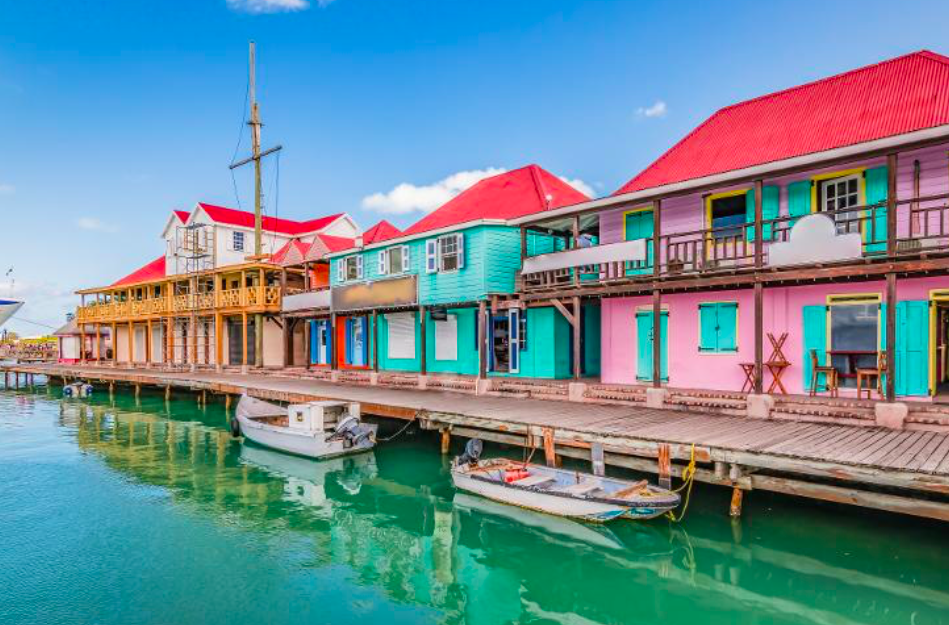
Today, in addition to Antigua and Barbuda, Australia, Bahamas, Belize, Canada, Grenada, Solomon Islands, Jamaica, New Zealand, Papua New Guinea, Saint Lucia, Saint Kitts and Nevis, Saint Vincent and the Grenadines and Tuvalu are independent countries with governments own, diplomatic representations, seats in the UN, etc.
All 14 of these countries, in addition to the United Kingdom, today have the same king, Charles III.
Antigua and Barbuda is not alone in this movement of considering severing ties altogether as the British transition from the crown.
The governments of the Bahamas, Belize, and Jamaica also announced that they could follow these steps.
Not to mention that the pro-independence movements in Scotland and Wales and the reunification of Northern Ireland (which is part of the United Kingdom) with Ireland have regained strength.
According to analysts, this is happening now because the Queen’s death has brought the British monarchy and its idiosyncrasies and eccentricities to the center of discussion.
In recent weeks, at any bar table, you can find someone with an opinion about government systems. “Monarchy experts” have sprung up in every WhatsApp group.
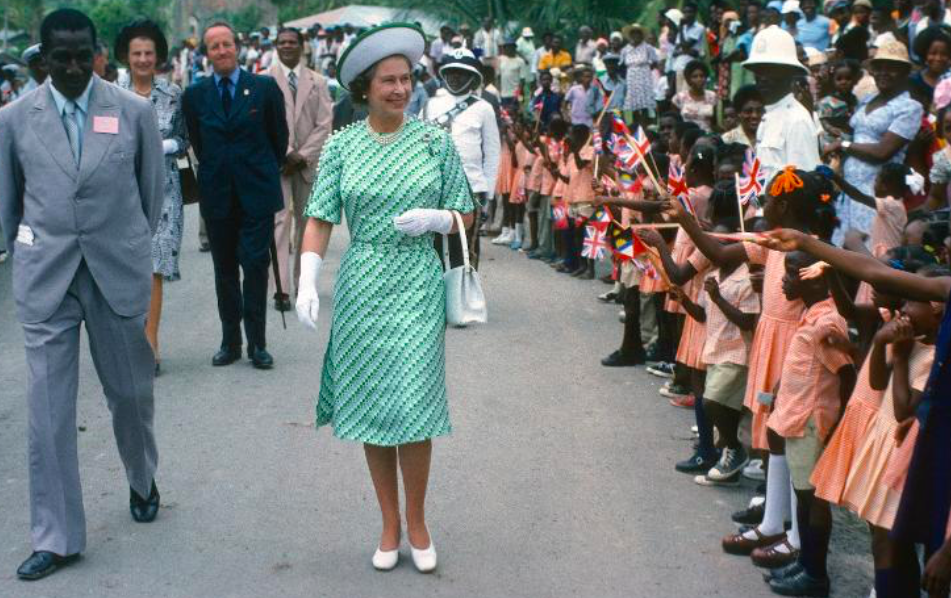
The long list of atrocities perpetrated by the British Empire has resurfaced.
When Elizabeth II took over, the world, and her kingdom, were very different in 1952. She was the queen of seven independent countries at age 25.
She died at 96 as the head of state of 15.
An inattentive reading of the numbers could lead one to believe England would have regained its superpower. It didn’t.
This difference shows former colonies that gained independence but maintained the monarchy, with a local governor representing the queen.
The ties maintained by the Commonwealth explained part of this, the great club formed by the United Kingdom, and former colonies spread across all continents.
56 members promote among themselves from economic agreements to cultural and sports exchanges.
Elizabeth II’s recognized talent could explain part of it for maintaining the firm bonds that constitute a parliamentary monarchy.
This at the same time that it led a colonialist empire to the condition of a post-colonial kingdom.
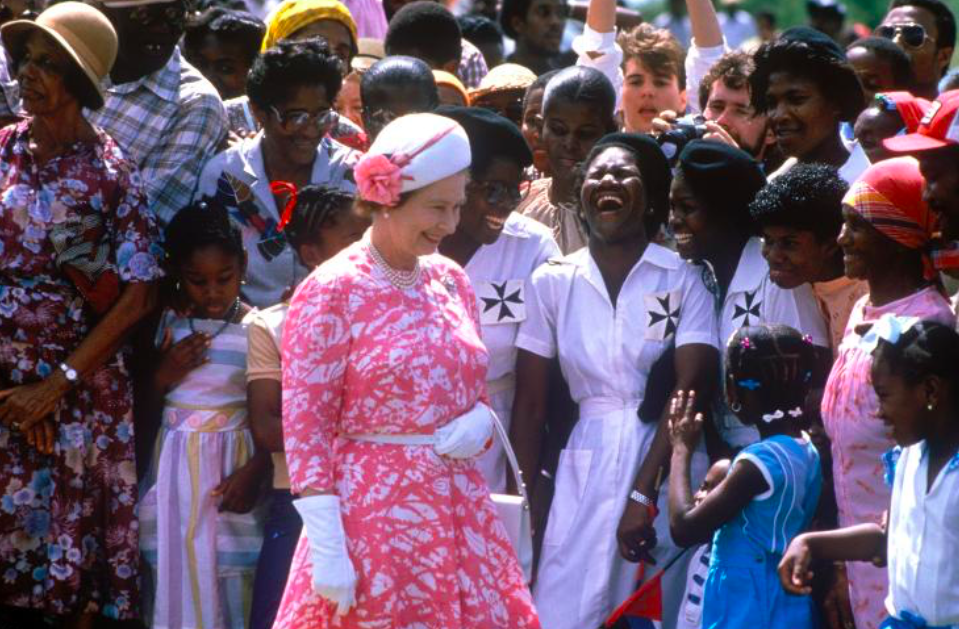
Bessie was shrewd in the matter. She was quicker than English politicians to accept independence and nurtured rulers of these new countries with awards and titles.
The first Prime Minister of the Solomon Islands, Peter Kenilorea, belonged to the Arere people and was born in a village amid the rainforests of Malaita, 15,000 kilometers from London.
Kenilorea won the British royal knighthood from the Queen. To stand on an example.
The part was also explained precisely by this apolitical neutrality of the queen. What made her a bland character, for some, was what kept the crown strong, for others.
In practice, on a day-to-day basis, in those distant countries with much more urgent problems to deal with, Elizabeth II had become just a nice old lady who appeared in money bills and in public bodies.
The Queen of England was just a “Queen of England.”
The charismatic figure of Elizabeth II and the apparent sense of immutability of her 70-year reign have put the matter aside all this time.
Now, Antigua and Barbuda must pull the strings and deal with something that, for many people, has nothing to do with charismatics, the British Empire.
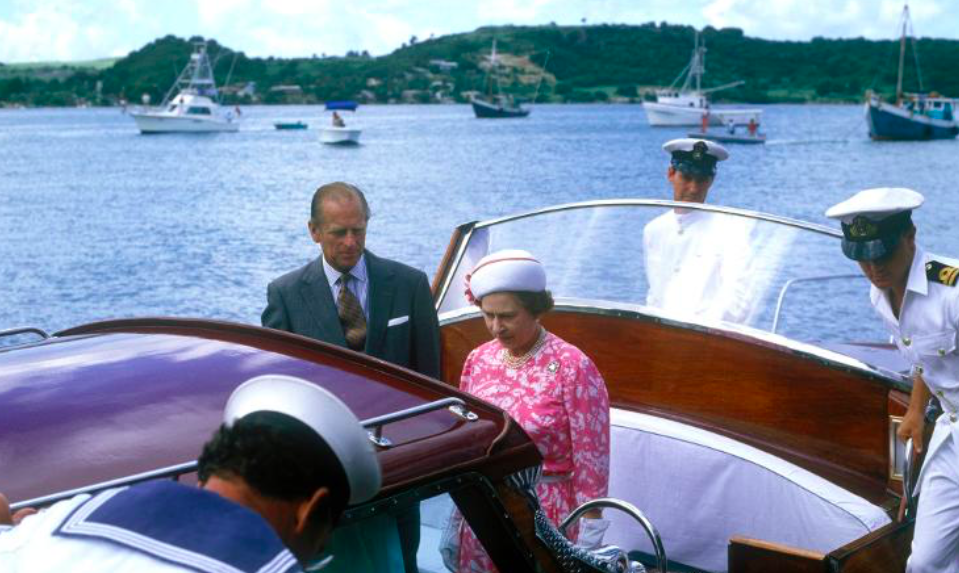
THE OTHER CHARLES
As much as the royal family and monarchy modernized in the 20th century, leaving behind the imperialist semblance, their slave-holding past is wide open in their own names.
The first Englishman who transported enslaved workers on his ship did so under the approval of Queen Elizabeth I.
Charles I (1600-49) granted licenses to explore the coast of Africa. His son, Charles II (1630-85), participated in the creation of the African Royal Company, a prolific enterprise in the trafficking of enslaved human beings.
According to the website “Slave Voyages” database, in 60 years she transported 187,000 people from Africa to the Americas on her slave ships.
Elizabeth II’s personal opinions were a mystery. It is unclear what she thought about her big-time issues, from apartheid in the former colony of South Africa to Brexit.
“In most cases, observers had to resort to interpreting her teas to guess her position,” joked an article in the Washington Post.

Charles, on the other hand, is a character with a lot more declared opinions, and he knows that he will have to hold the wave from now on.
Notorious defender of environmental causes, he has already spoken his mind about fast fashion, traditional English architecture, organic tomatoes, and hedges.
In a BBC documentary, the article recalls, he was asked about accusations of meddling in public affairs.
“If it’s meddling to worry about the inner cities, as I did 40 years ago, and what was happening there, the conditions people lived in… If that’s meddling, I’m proud,” he replied.
Elizabeth II, on the other hand, never gave an interview.
The longest reign in the country’s history, which has seen the popularization of television, magazines, and the internet, and she has never spoken to a reporter.
The new king, on the other hand, full of toothpaste manias, squeaky with a pen that doesn’t work, shows that he’s going to amuse the celebrity press.
Even if you decide to stop giving interviews.
His personality, the signs he has given that he intends to wipe out the monarchy, and, more importantly, the desire for the old overseas possessions that still kept his mother as head of state, may point to the end of these post-colonial remnants of the British Empire.
It would be the end of the “banana monarchies.”
With information from UOL

